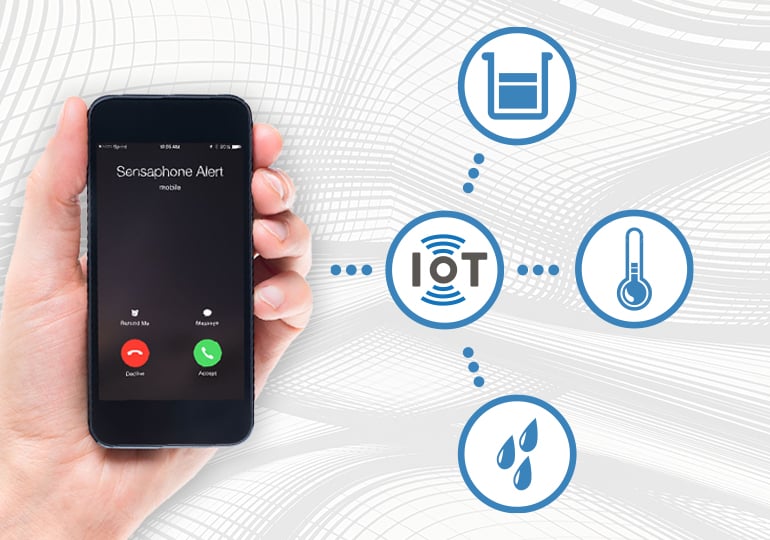
The Internet of Things (IoT) takes remote monitoring to the next level by allowing you to effortlessly oversee assets in real time using a computer, smartphone, or other Internet-connected device. So, what exactly is IoT remote monitoring?
Call Us - 877-373-2700
View or Request a Catalog

The Internet of Things (IoT) takes remote monitoring to the next level by allowing you to effortlessly oversee assets in real time using a computer, smartphone, or other Internet-connected device. So, what exactly is IoT remote monitoring?
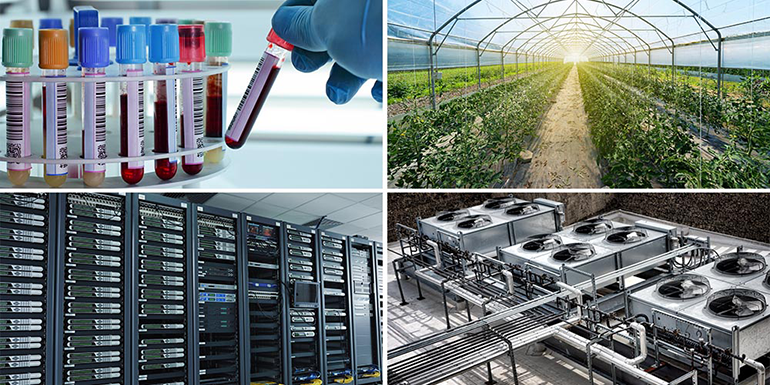
Ensuring optimal temperatures is paramount for many industries, from healthcare to food processing. It can help companies safeguard employees and comply with regulations. A wireless temperature monitoring system offers an efficient and advanced solution.
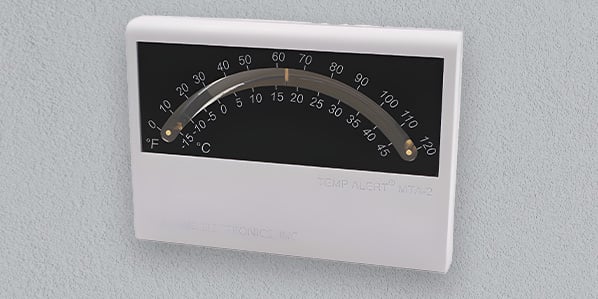
Ambient temperature sensors are crucial for remotely keeping tabs on the temperature conditions inside and outside of workplaces. This is a key part of effective facilities management. It's important to monitor and control these temperatures to maintain a safe and consistent work environment.
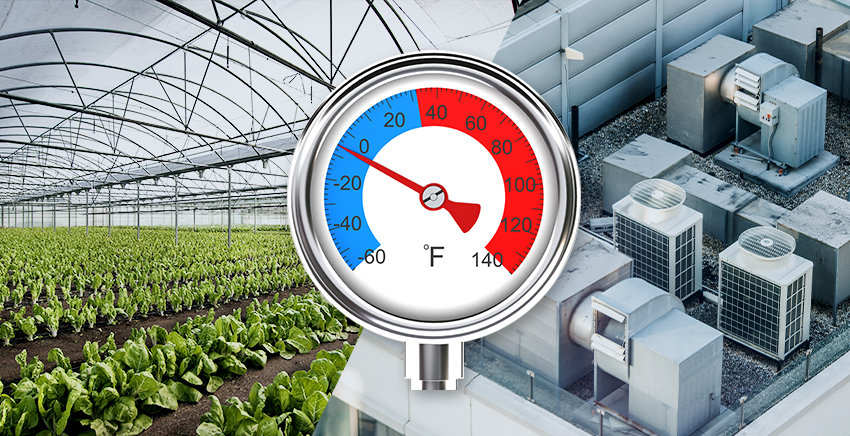
Temperature is one of the most important environmental conditions when managing facilities. This post is the second in our Know Your Environmental Threat series. It discusses how temperature monitoring is used to protect valuable assets in multiple applications including HVAC, server rooms and data centers, food storage facilities, greenhouses, medical facilities, and livestock and animal care.

Warmer weather is here at last! Spring is an exciting time of renewal and growth. But it is also the busiest time of year for commercial greenhouse growers.
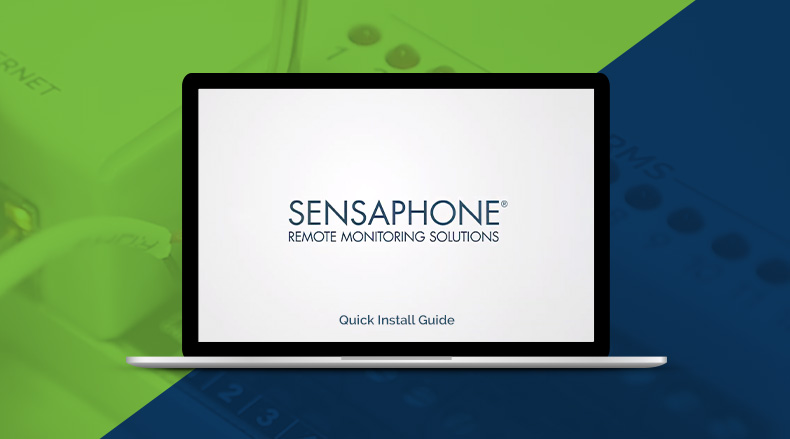
The Sensaphone Sentinel has found a home in many varying applications...from monitoring valuable greenhouse inventory to monitoring the temperature in refrigerators storing critical vaccines during a pandemic. The Sentinel also monitors many pump and lift stations that keep the water running in your community and to the livestock in farms and barns. Most often our products are installed by trained installers or electricians, but they are actually simple enough to be installed by most do-it-yourselfers.
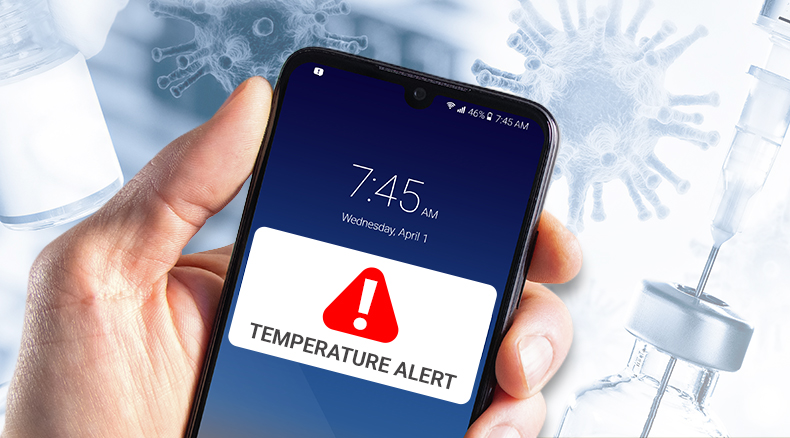
New COVID-19 vaccines from Pfizer and Moderna have brought to the public’s attention the importance and challenges of maintaining ultra-low temperatures for vaccines and other pharmaceuticals. Both vaccines have to be kept at very low temperatures and can be shipped and stored in a specialty freezer for up to six months. In addition, specialty freezers containing the Pfizer vaccine can’t be opened more than twice a day and need to be closed within one minute of opening. And once it’s thawed, the vaccine can only be stored in a refrigerator for five days.
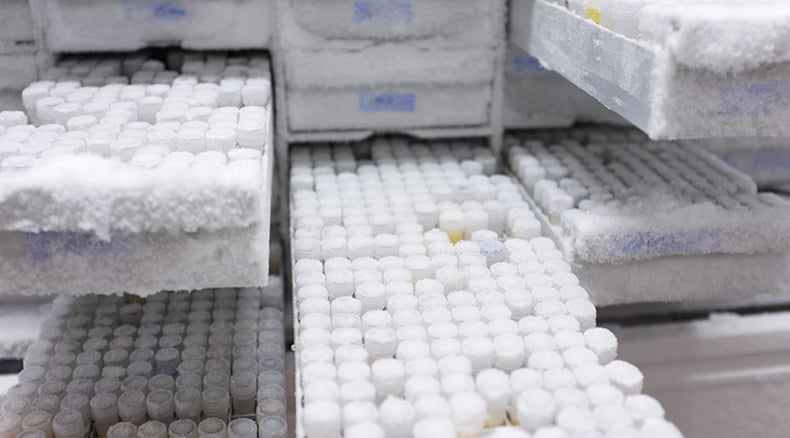
If critical vaccines and other pharmaceuticals are stored at an unsafe temperature for too long, they can lose their potency. For patients with chronic illnesses, taking a damaged dosage can be life-threatening. But even common medicines can break down and have harmful effects, and it can be difficult to tell the difference between a compromised product and a safe one. That's why pharmaceutical and vaccine providers must take appropriate measures to ensure all pharmaceutical products are stored at the correct temperature.
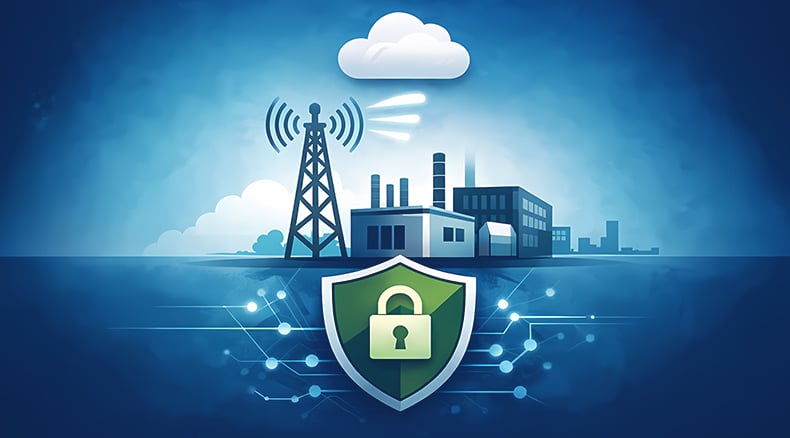
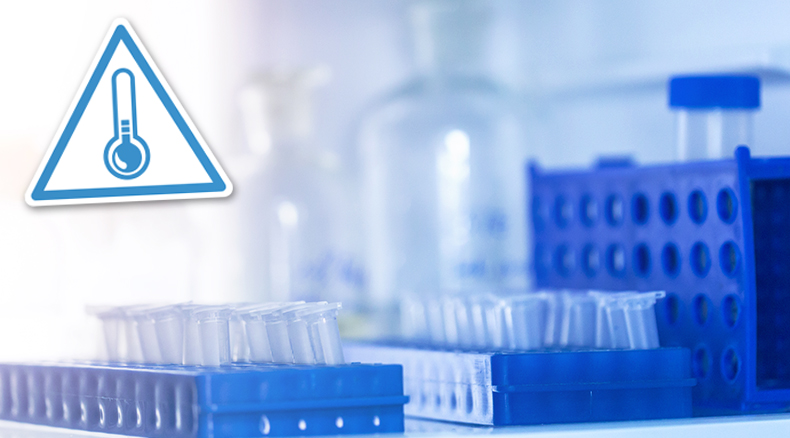
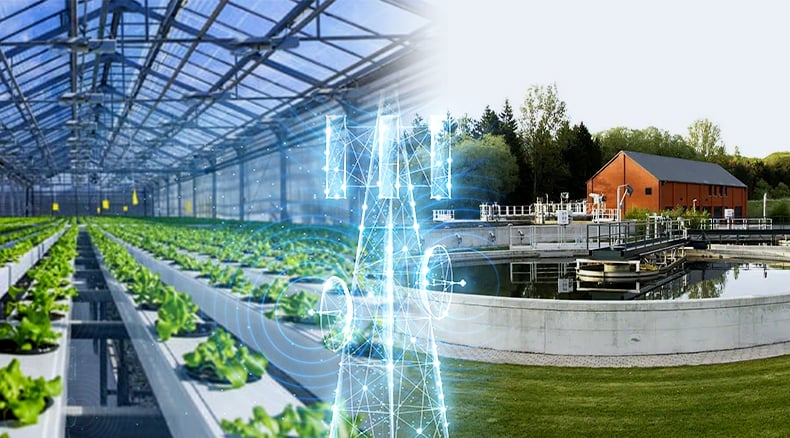
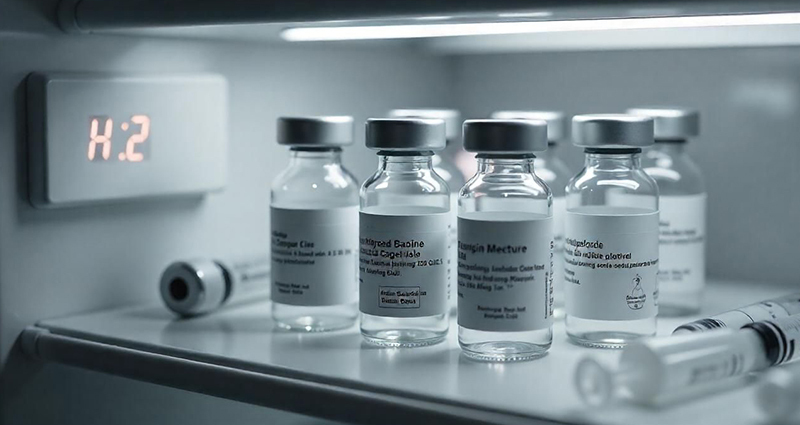

Sign up to receive the latest blog updates, industry news and promotions.